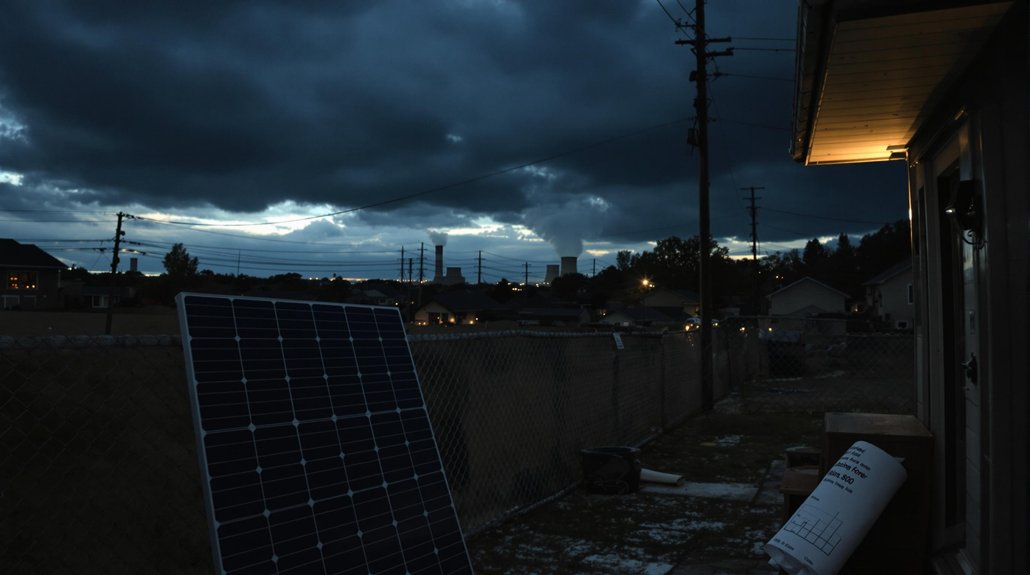The Environmental Protection Agency is pulling the plug on a major solar energy program that would have helped nearly a million low-income households. The $7 billion “Solar for All” initiative, launched during President Biden’s administration, is being terminated as part of the Trump administration‘s energy policy shifts.
The program was designed to provide solar panels to approximately 900,000 low-income and disadvantaged households across America. The EPA is now preparing to notify 60 nonprofits and state organizations that their grants will be canceled. These organizations were selected to help deploy solar technology in communities that typically can’t afford the upfront costs of installation.
Solar program meant to reach nearly a million disadvantaged homes now left in limbo as EPA cancels community grants.
The cancellation puts at risk an estimated $350 million in annual electric bill savings that would have benefited middle and low-income families. Many households in disadvantaged communities will lose access to clean energy that would have lowered their utility costs.
EPA officials cite the need to implement what they’re calling the “One Big Beautiful Bill,” which they say better aligns with congressional intent. The new approach includes phasing out solar tax credits that supported the funding for the “Solar for All” program. This aligns with Executive Order 14315 which halts subsidies and tax credits for wind and solar projects.
This move follows the Trump administration’s pattern of rolling back green energy initiatives. The Energy Independence Executive Order has prompted reviews and repeals of numerous climate-focused programs established during previous administrations.
The impact extends beyond individual households. The 60 organizations that were set to receive funding had created coalitions of community groups and renewable energy developers to coordinate solar installations nationwide. These partnerships now face uncertain futures without federal support.
The cancellation also affects broader national goals for renewable energy adoption and emissions reduction. This comes at a critical time when solar PV capacity increased by 25.6% globally in 2022. EPA Administrator Lee Zeldin is spearheading these efforts to cut Biden-era grants as part of the administration’s broader energy strategy. As federal support for residential solar decreases, progress toward grid decarbonization may slow. The policy shift aligns with the administration’s greater emphasis on fossil fuel development over renewable energy.
It remains unclear how much of the allocated funding has already been spent before the program’s termination.








